The Chinese calendar might not be the only lunisolar calendar in the world, but it is the most widely known lunisolar calendar in Western culture. It was adopted by other countries in East and Southeast Asia, including Korea and Vietnam, and is still used by Chinese communities across the world. This Chinese New Year—the year of the Rabbit—begins Sunday, January 22 (on the modern Gregorian calendar), and celebrations continue for 15 days (16, if you count New Year’s Eve). Here are eight great movies to help you celebrate!
Reunion Dinner (2022)
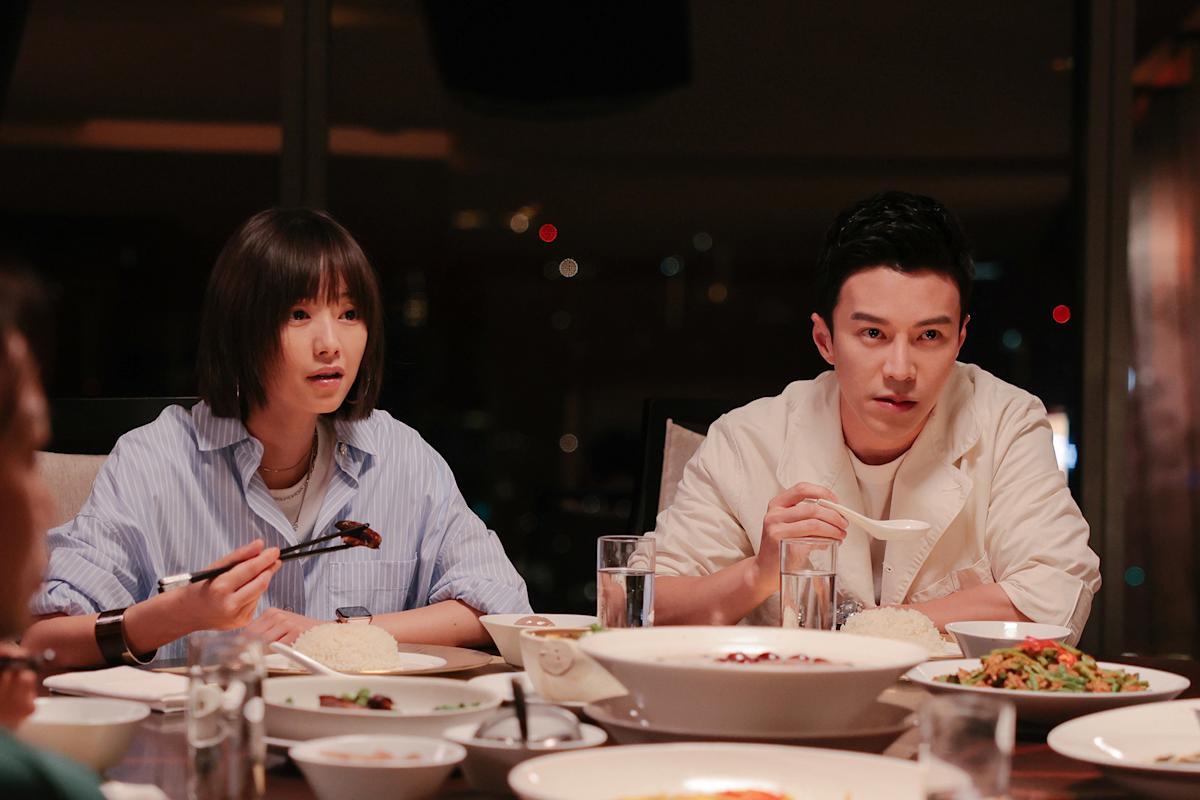
A comedic drama that takes place during the Chinese New Year, Reunion Dinner is about a soon-to-be-married couple named Chaoyang (Lawrence Wong) and Zi Hong (Cya Liu), who work at the same advertising agency in Singapore. When a client asks them to livestream their family’s reunion dinner, they realize their parents have still not met each other. The title refers to the Chinese New Year tradition in which families reaffirm their bonds over a festive meal. Things get complicated when Chaoyang, who is estranged from his mother, rents a family to make a better impression on his client. The situations become increasingly absurd—while staying consistently cute—in this dual language Mandarin-Singaporean film featuring an ensemble cast of Chinese and Singaporean performers.
Kongsi Raya (2020)
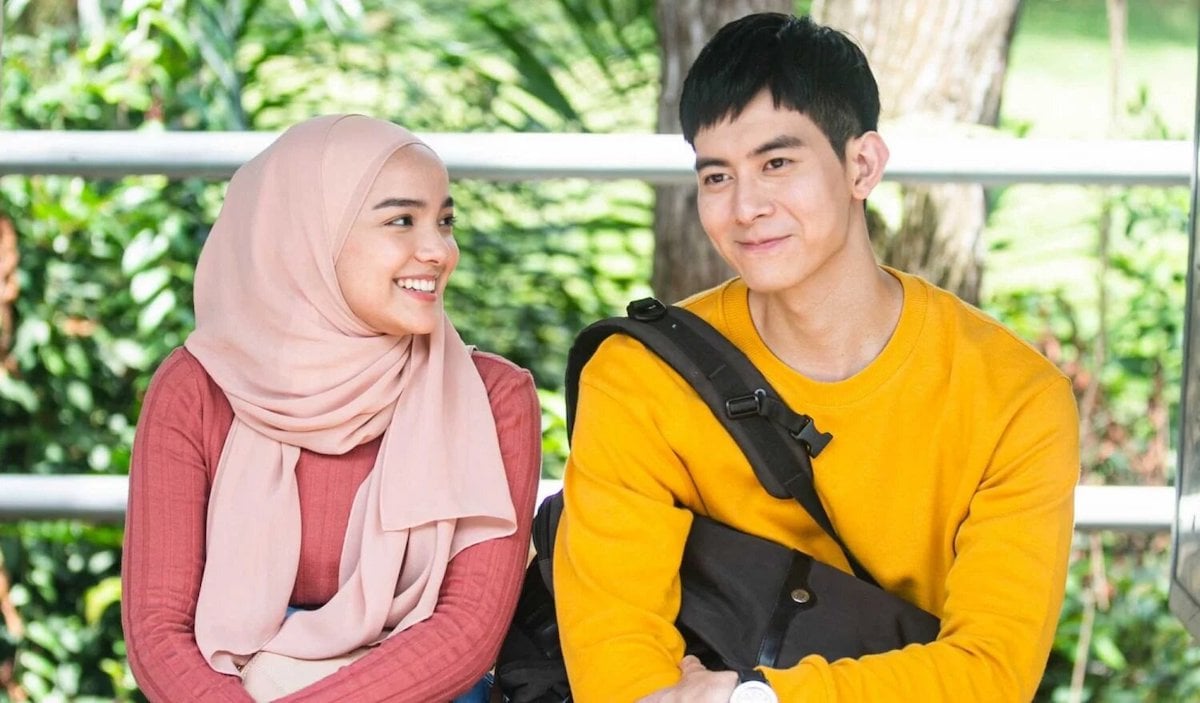
The title Kongsi Raya is a linguistic mashup used in Malaysia to describe when the Chinese New Year happens at the same time as Eid al-Fitr (the Islamic Festival of Sweets at the end of Ramadan). Because of the gradual shifts in the Chinese calendar and the Islamic calendar, the two festivals only overlap every 33 years. In this culinary art-themed romance directed by Teddy Chin, a Chinese chef named Jack (Wilson Lee) and a Malay television producer named Sharifah (Qasrina Karim) fall in love. But they both work for businesses owned by their fathers, and the cross-cultural grudges between their parents forces Jack and Sharifah into a cooking competition. True to its multicultural heritage, the dialogue in this family-friendly comedy is in Malay with Mandarin, Cantonese, and English peppered throughout.
My Best Friend’s Breakfast (2022)
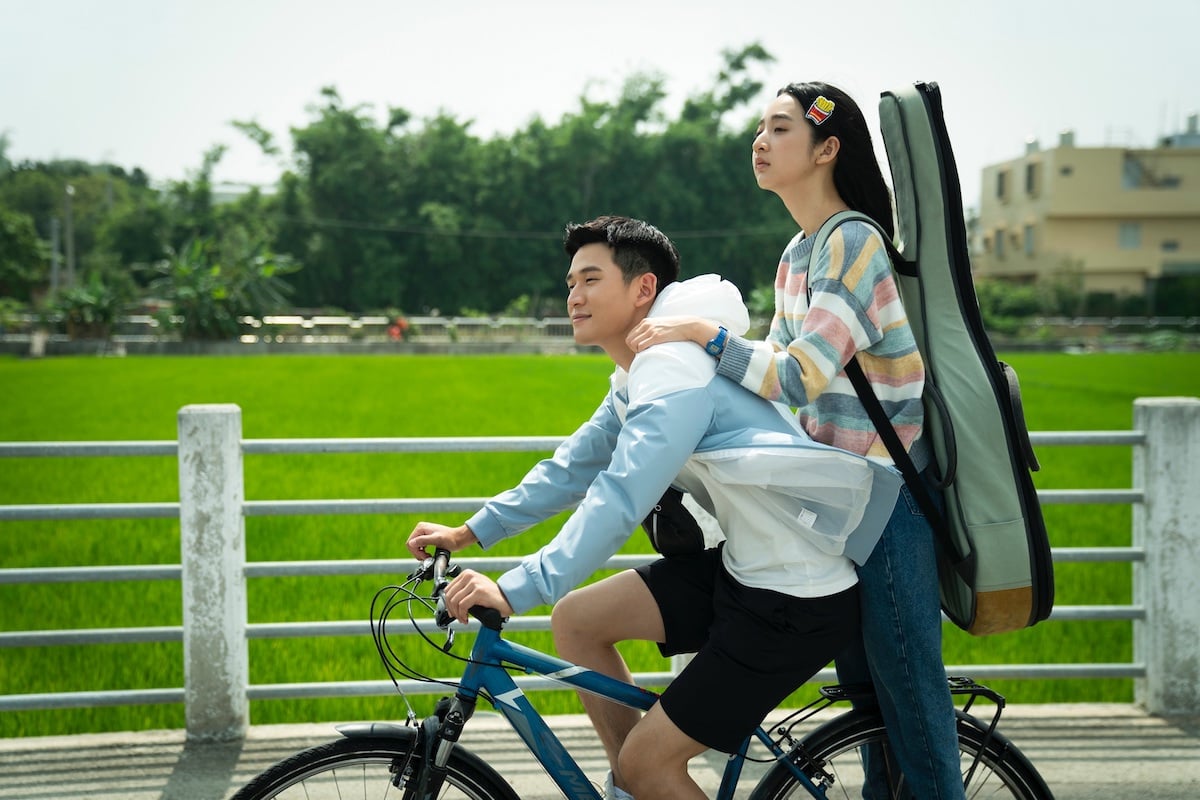
This teen rom-com was inspired by a true story that first appeared on the Taiwanese social media platform Dcard in 2015, which was adapted into a bestselling novel by the author Misa, and then adapted from that novel into this debut feature film by Ryan Tu. Taiwanese singer-songwriter Eric Chou (who also sings the theme song) plays a high school student who sends breakfast every morning to Qi-ran (Jean Ho), a popular girl he has a crush on. Qi-ran is totally uninterested, so her best friend Wei-xin (Moon Lee)—who has developed a habit of eating her feelings—eats the breakfast instead. This goes on for an entire year until the misunderstanding becomes a genuine romance. The literal translation of the original Mandarin title is “I ate that boy’s breakfast for a year,” which is so narratively accurate that it feels like a loss for it to have been changed so much. But My Best Friend’s Breakfast is no less adorable for it.
Turning Red (2022)
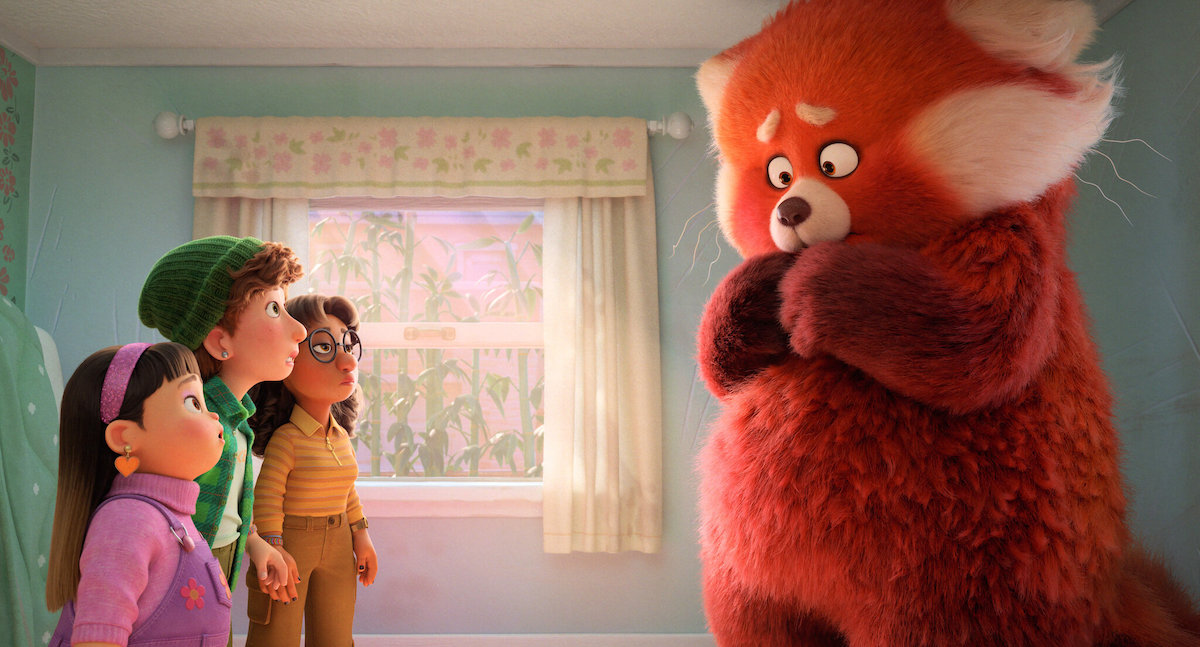
A 13-year-old girl named Meilin “Mei” Lee on the verge of adolescence struggles to balance her duty to her family with her desire for autonomy while dealing with her changing body. But for Mei, “changing body” means that whenever she gets excited, she literally transforms into a giant red panda. Turning Red was directed by Chinese-Canadian filmmaker Domee Shi, making it the first Pixar film directed by a woman. It takes place in Toronto, where Mei’s family tends to a traditional Chinese temple (inspired by the real-life Bok Kai Temple in Marysville, California). She discovers that her ancestors have a mystical connection with red pandas, and also learns that adolescence involves more than just physical changes for girls in the Asian diaspora. Its bright yet soft color design accompanied by early 2000s visual motifs and musical styles sets Turning Red apart from other Pixar films.
Shang-Chi and the Legend of the Ten Rings (2021)
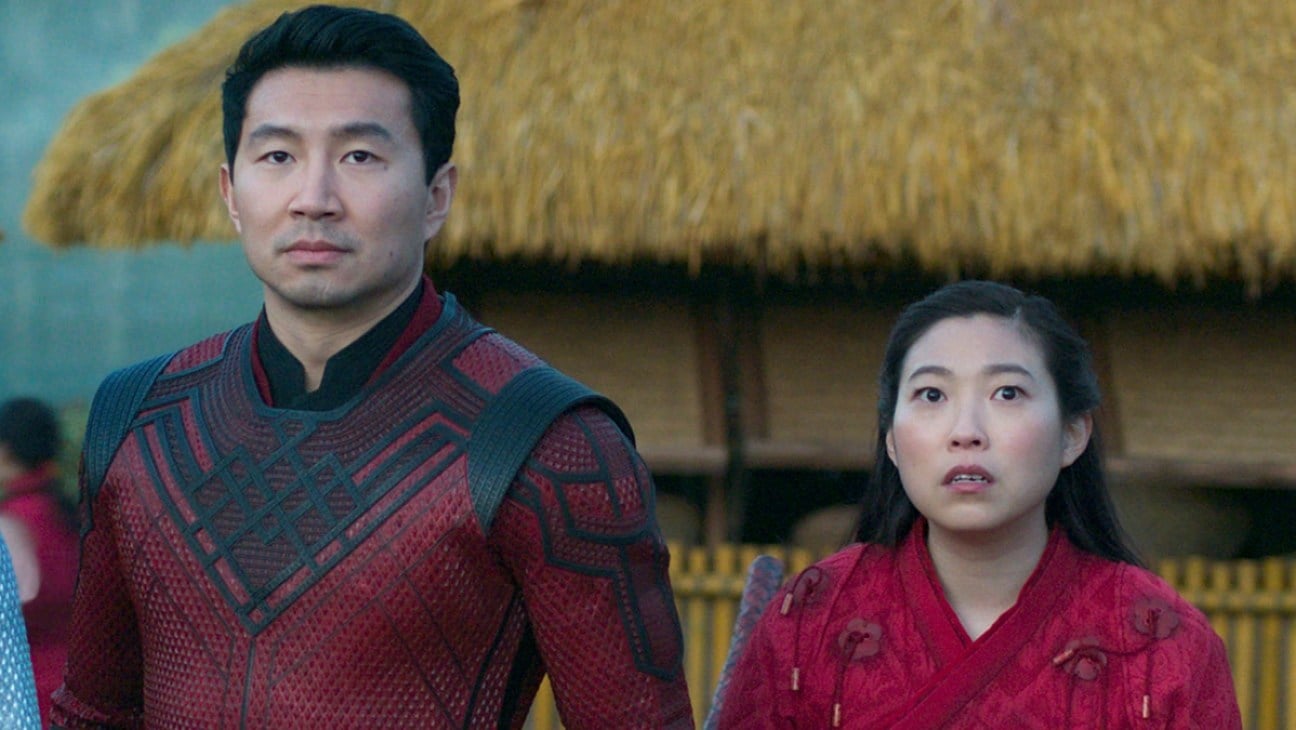
The 25th film in the Marvel Cinematic Universe (MCU), Shang-Chi and the Legend of the Ten Rings tells the titular character’s origin story, including how he comes to possess the also-titular legendary weapons, which eventually leads to an invitation to join the Avengers. This story is part of Phase 4 in the MCU chronology, and despite some issues around Chinese character names, it’s one of the strongest. Drawing on the mood and movement of six different martial arts styles, Shang-Chi unsurprisingly features the most captivating fight scenes in Phase 4 and some of the most memorable action sequences anywhere in the MCU. Simu Liu as Shang-Chi is joined by a phenomenal cast that includes Awkwafina, both Michelle Yeoh and Stephanie Hsu (who reunited the following year in Everything Everywhere All at Once), one of the handsomest men on the entire planet Tony Leung Chiu-wai, and Meng’er Zhang, who gets a sick post-credits sequence that suggests there’s a lot more of this story to come.
The Farewell (2019)
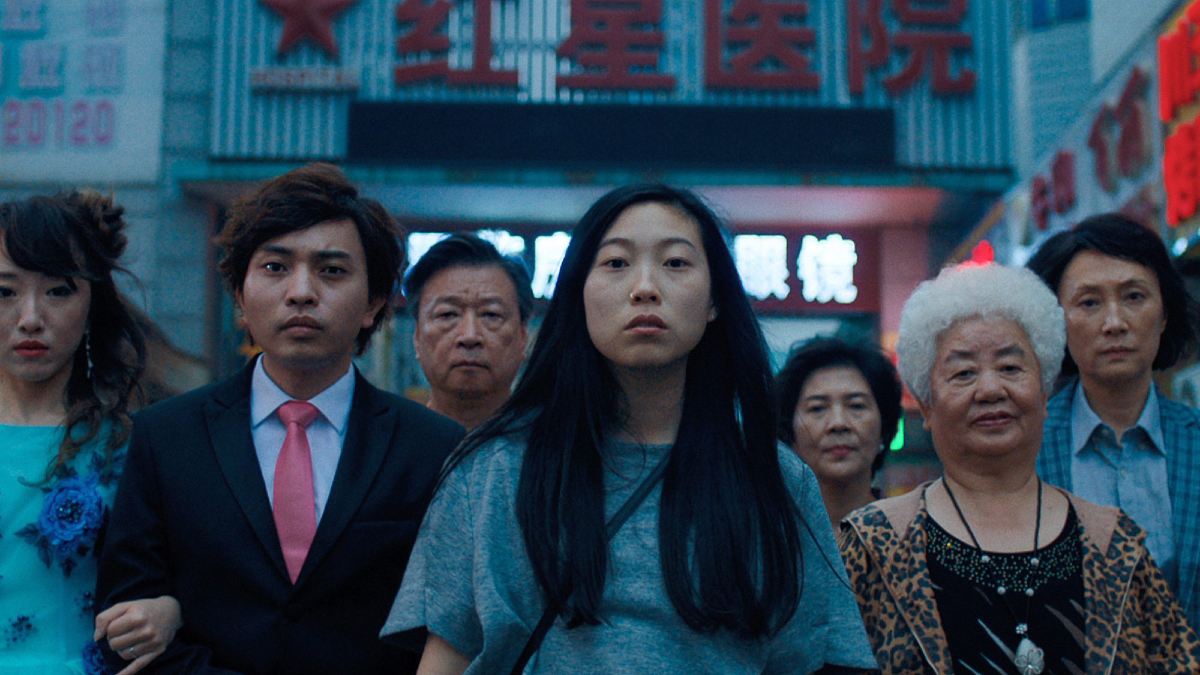
Chinese-born American filmmaker Lulu Wang wrote and directed this bilingual English-Mandarin film about a Chinese-American family who learn that their grandmother, Nai Nai, has terminal lung cancer. Following cultural beliefs, the family members decide not to share the diagnosis with Nai Nai, but plan a trip to China so they can reunite with her one last time. Partly autobiographical, the story was inspired by Wang’s lived experience, which she originally shared on her radio story “What You Don’t Know,” featured in an episode of This American Life. Both a melancholy comedy and a family drama, The Farewell is as much a character study as it is a cross-cultural survey, and stars Awkwafina as Billi Wang, Tzi Ma as her father Haiyan Wang, Diana Lin as her mother Lu Jian, and Zhao Shu-zhen as Nai Nai. At a glance, it might not seem to be the most festive film to watch during a celebratory season like the New Year, but it is a rewarding look at familial love, grief, and what it means to be alive.
Shadow (2018)
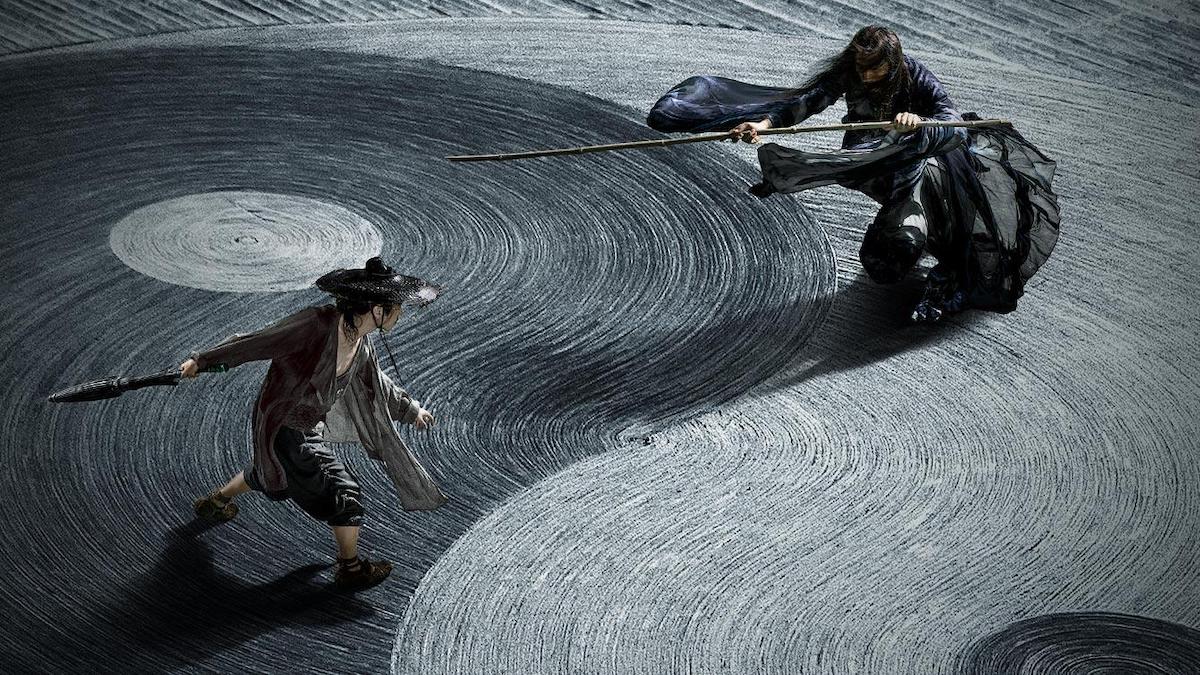
Shadow is the most recent film by Zhang Yimou, director of stunningly beautiful films like Hero, House of Flying Daggers, and Curse of the Golden Flower. Part palace drama, part wuxia (martial arts) film, Shadow is especially distinctive for its visual design, inspired by Chinese ink brush painting, which is deceptively monochromatic: Rather than being shot in black and white, the film was shot in color with a subtle palette of warm grays. Zhang told South China Morning Post that he chose this palette because it expresses his understanding of humanity: “Humanity is not just black and white. It is like ink brush painting, which is something in between.” Set in the “Three Kingdoms” era, the plot involves a general, his wife, a royal decoy, and two kings, and is punctuated by disarmingly imaginative fight choreography.
Kung Fu Hustle (2004)
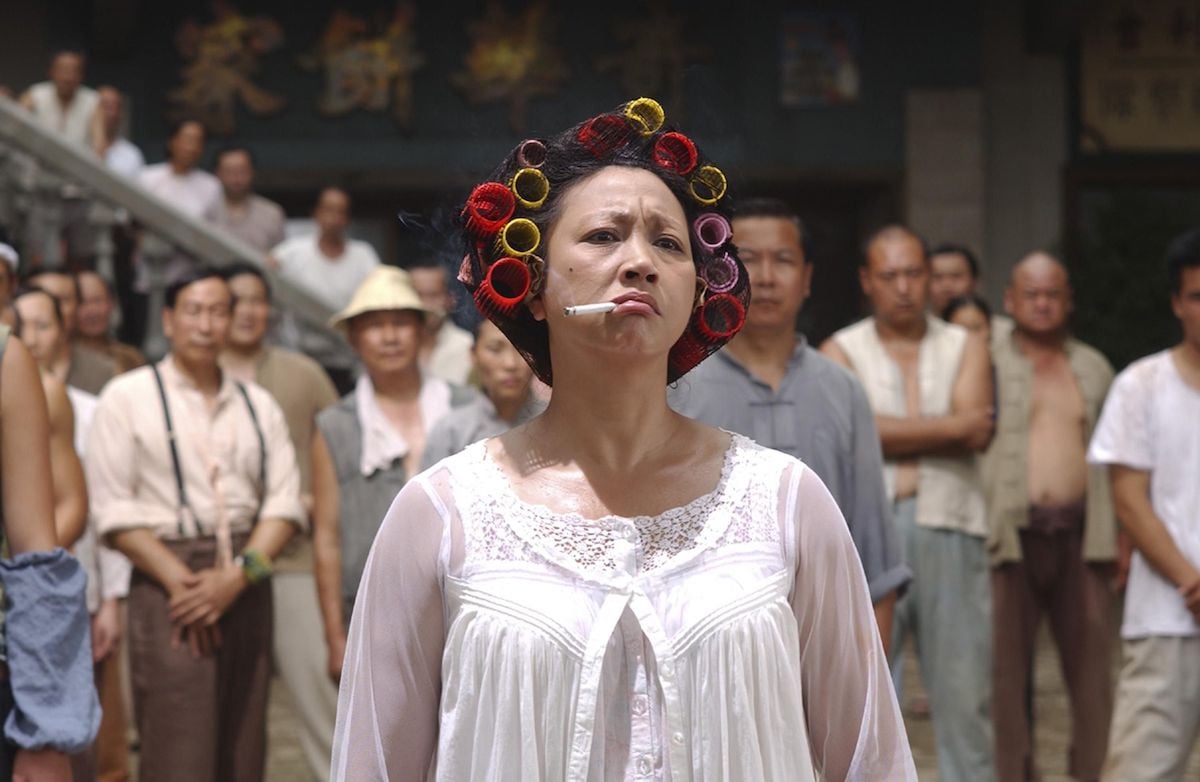
There is a kaleidoscopic array of martial arts films, from classical fantasy like A Touch of Zen to hard-hitting realism like Enter the Dragon, woman-led science fiction like The Heroic Trio, and artful dramas like Crouching Tiger, Hidden Dragon. But no other martial arts film combines elaborate fight choreography with Looney Tunes cartoon-style special effects except Kung Fu Hustle. An action-comedy set in 1940s Shanghai that was co-written, directed, and produced by star Stephen Chow, Kung Fu Hustle has some of the most wildly inventive and hilarious moments in all of martial arts cinema—at least until Everything Everywhere All at Once. And brace yourself for the long-awaited sequel, confirmed to be coming soon!
新年快乐 (xīn nián kuài lè)! 新年快樂 (sun lin fai lok)! Happy New Year from The Mary Sue!
(featured image: A24)



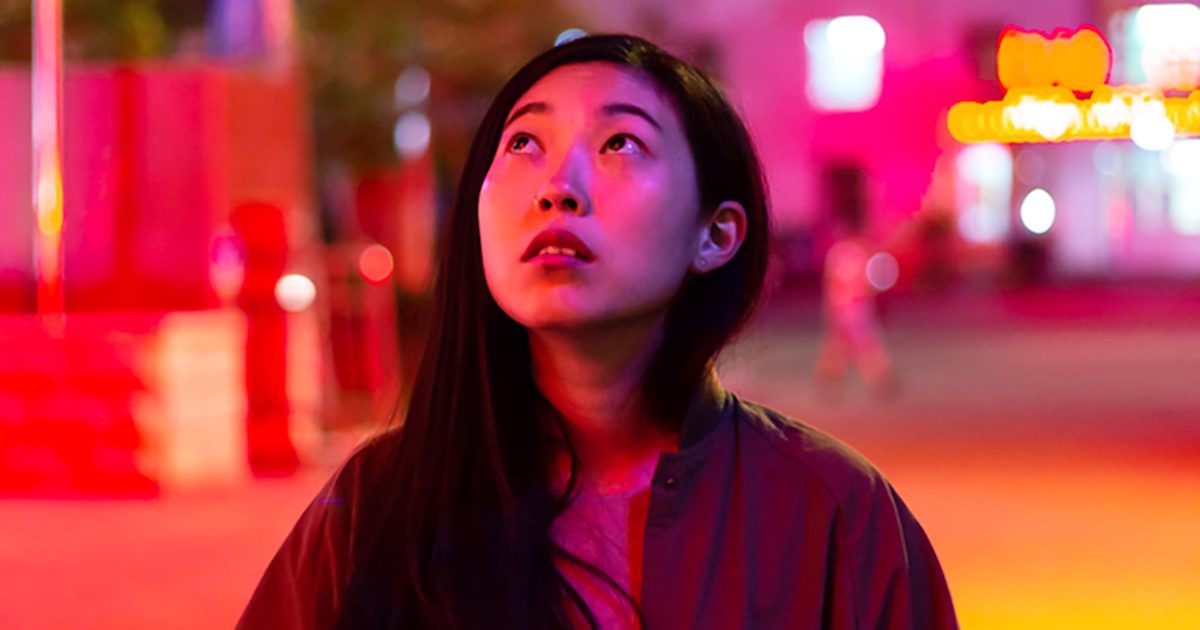






Published: Jan 20, 2023 01:24 pm